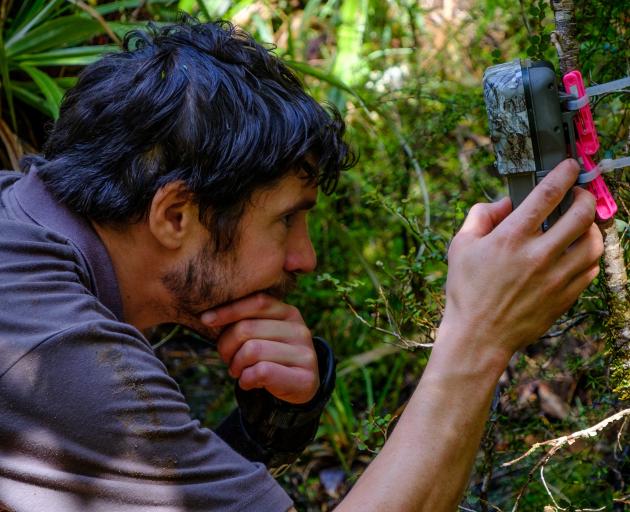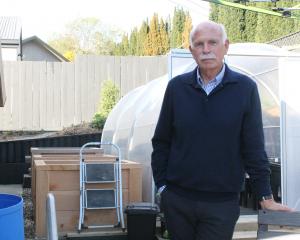
Department of Conservation ranger Tim Raemaekers has been managing the five-year southern Fiordland tokoeka kiwi chick survivability project at Shy Lake, between Wet Jacket Arm and Breaksea Sound, since it started in 2017.
It would not be known until May if the 1080 drop had been a success, because that was when a chick born this season would be big enough to fight off a stoat.
Two to three more chicks were due to hatch in the next few weeks, Mr Raemaekers said.
"The current chick survival rate so far this year could be enough to grow the population, but I’m hopeful the two to three chicks due to hatch soon will keep us on track."
For the past three years, 90% of the monitored nests have had stoats visit, and none of the chicks have survived.
In June last year, the Department of Conservation conducted a 1080 aerial poison drop over 40,000ha in southwest Fiordland, including the 500ha project site.
This breeding season, Mr Raemaekers and his team monitored 12 nests via trailcam footage and attached transmitters to each chick soon after they hatched.
So far, only two had survived.
Stoats were suspected of taking five of the chicks, one was killed by a kea, and another died from sceptic arthritis in a leg joint.
Stoats were voracious predators, and even though their numbers would have drastically reduced following the poison drop, "it only takes one to wreak havoc on our native species", Mr Raemaekers said.
Based on trailcam evidence provided by Landcare Research, he said there were likely only one or two stoats in the study area that had been roaming long distances, probably in search of a mate.
"This would account for why we’re not seeing stoats on our nest cameras, and why some chicks are surviving just fine for several weeks."











